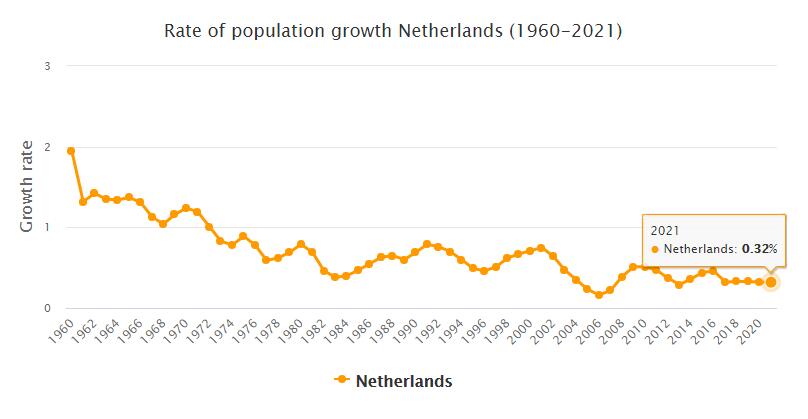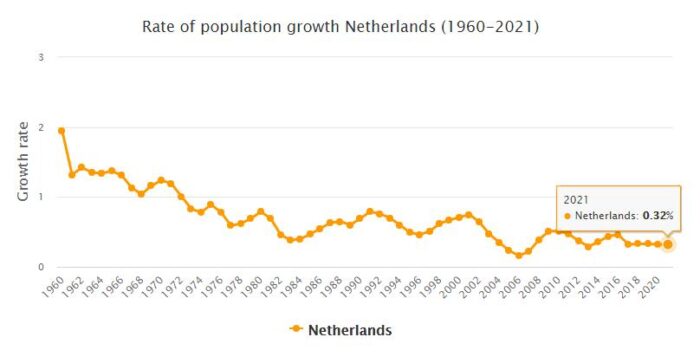Yearbook 2008
Netherlands. Immigrant anti-immigrant right-wing politician Geert Wilders at the beginning of the year attracted attention with plans to produce an Islam-critical short film, according to his own task to inform about Islam as a totalitarian ideology. The movie “Fitna”, released on the Internet in March, featured quotes from the Qur’an mixed with images of acts of violence committed by Muslims. The film was criticized by Prime Minister Jan Peter Balkenende and UN Secretary-General Ban Ki Moon, among many others, and no TV station in the Netherlands wanted to show it. Several Muslim countries called for a boycott of goods from the Netherlands.
At the end of the year, a smoking ban in public places came into force. The ban only applied to tobacco; it remained allowed to smoke cannabis in special so-called coffee shops.
A court in The Hague ruled in September that the Netherlands could not be held responsible for the failure of the Dutchbat peace force to protect the civilian population that was subjected to a massacre in Srebrenica in Bosnia in 1995. About 6,000 survivors had sued the Netherlands for compensation. The Court rejected the request on the grounds that the force was under UN command. The Srebrenica massacre, when 8,000 Muslim boys and men were killed by Bosnians, has been classified by the UN as genocide.
The Dutch-Belgian financial group Fortis became the first bank in Europe to fall victim to the escalating financial crisis. The bank was divided into three parts: one in the Netherlands, one in Belgium and one in Luxembourg. The Dutch part was completely taken over by the state in early October. Later, the government also stepped in and took over parts of the banking and insurance giant ING and pumped in EUR 10 billion into the company. A total of EUR 200 billion of support packages were promised to the banking sector.
- ABBREVIATIONFINDER: Click to see the meanings of 2-letter acronym and abbreviation of NL in general and in geography as Netherlands in particular.
Country data
Area: 41,526 km2 (world ranking: 131)
Residents: 17,133,000
Population density: 413 per km2 (as of 2017, world ranking: 66)
Capital: Amsterdam; Seat of government: ‘s-Gravenhage (The Hague)
Official languages: Dutch, Frisian (regional)
Gross domestic product: 733.2 billion euros; real growth: 3.2%
Gross national product (GNP, per resident and year): 46,180 US$
Currency: Antilles guilder (NAf.)
Embassy
Klosterstr. 50, 10179 Berlin
Telephone 030 209560,
Fax 030 20956441 www.deutschland.nlbotschaft.org
Government
Head of State: Willem-Alexander, Head of Government: Mark Rutte, Exterior: Stephanus “Stef” Abraham Blok
National holiday: 27.4. (King’s Day)
Administrative structure
12 provinces
State and form of government
Constitution of 1814/1983
Parliamentary monarchy
Parliament (Staten-Generaal): Second Chamber (Tweede Kamer) with 150 members; First Chamber (Eerste Kamer) with 75 members (indirectly elected by provincial parliaments), election every 4 years
suffrage from 18 years old
Population: Dutch, last census 2011: 16,655,799
foreigners 2017: 5.4%
Cities (with population): Philipsburg As of 2011: 1327 residents.
Religions: 24% Catholics, 15% Protestants (mostly Calvinists, mostly Protestant Church in the Netherlands / PKN), 5% Muslims, 6% other religions; 50% non-denominational (as of 2006)
Languages: Dutch; Recognized minority languages: Frisian, Lower Saxony, Limburgish, Romany, Yiddish
Employed by economic sector: agriculture. 2%, industry 17%, business 81% (2017)
Unemployment (in% of all labor force): 2017: 4.9%
Inflation rate (in%): 2017: 1.3%
Foreign trade: Import: 411.7 billion US $ (2017); Export: US $ 468.2 billion (2017)
Climate
Maritime climate ; temperate maritime climate with relatively cool summers and mild, humid winters. The average temperatures are 17 ° C in July and 2 ° C in January.
The precipitation is evenly distributed over the whole year (about 800mm annual precipitation).
Population 2008
According to Countryaah reports, the population of Netherlands in 2008 was 16,682,806, ranking number 61 in the world. The population growth rate was 0.380% yearly, and the population density was 494.7484 people per km2.

